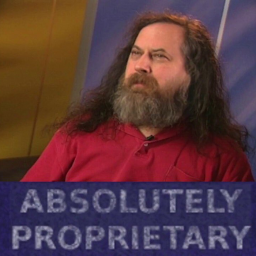"I use Linux as my operating system," I state proudly to the unkempt, bearded man. He swivels around in his desk chair with a devilish gleam in his eyes, ready to mansplain with extreme precision. "Actually", he says with a grin, "Linux is just the kernel. You use GNU+Linux!' I don't miss a beat and reply with a smirk, "I use Alpine, a distro that doesn't include the GNU coreutils, or any other GNU code. It's Linux, but it's not GNU+Linux.
The smile quickly drops from the man's face. His body begins convulsing and he foams at the mouth and drops to the floor with a sickly thud. As he writhes around he screams "I-IT WAS COMPILED WITH GCC! THAT MEANS IT'S STILL GNU!" Coolly, I reply "If windows was compiled With gcc, would that make it GNU?" I interrupt his response with "-and work is being made on the kernel to make it more compiler-agnostic. Even you were correct, you wont be for long."
With a sickly wheeze, the last of the man's life is ejected from his body. He lies on the floor, cold and limp. I've womansplained him to death.
